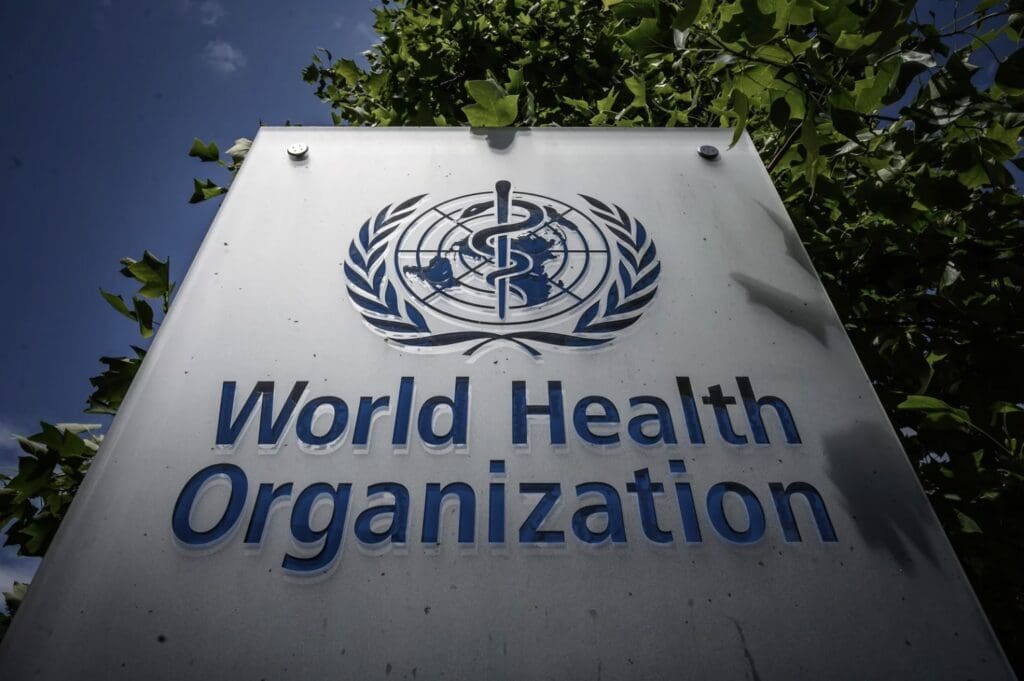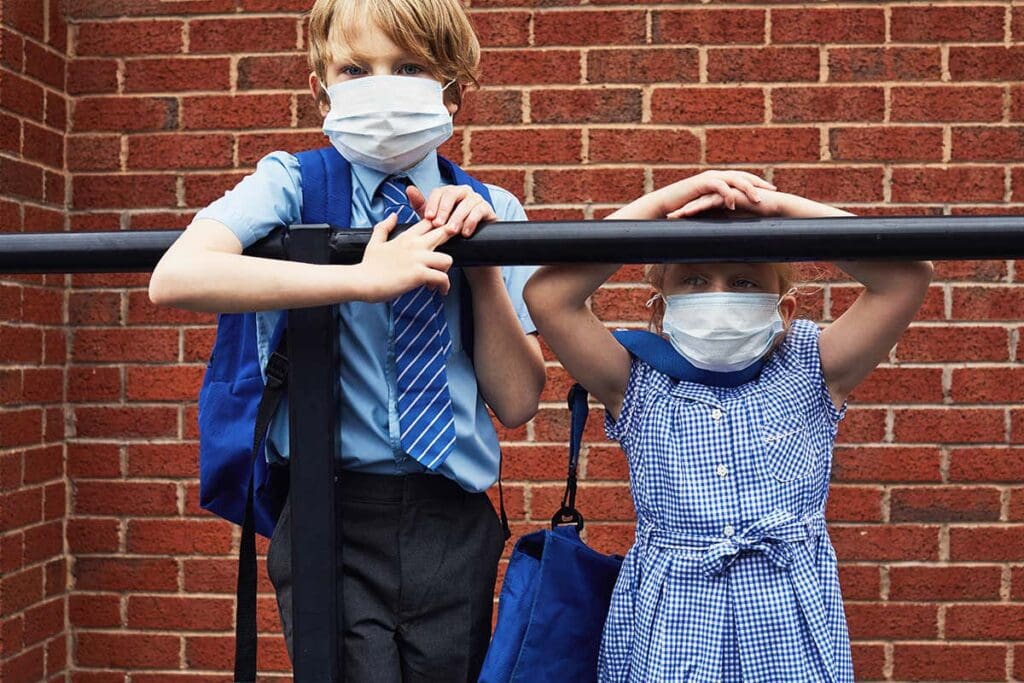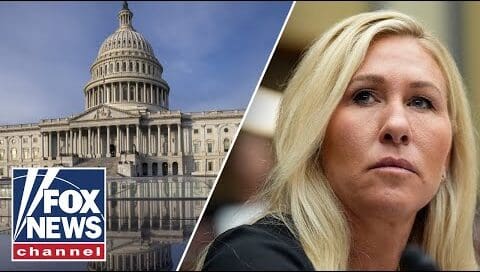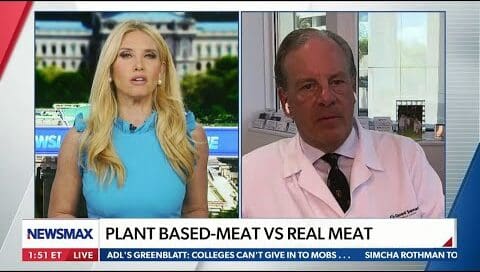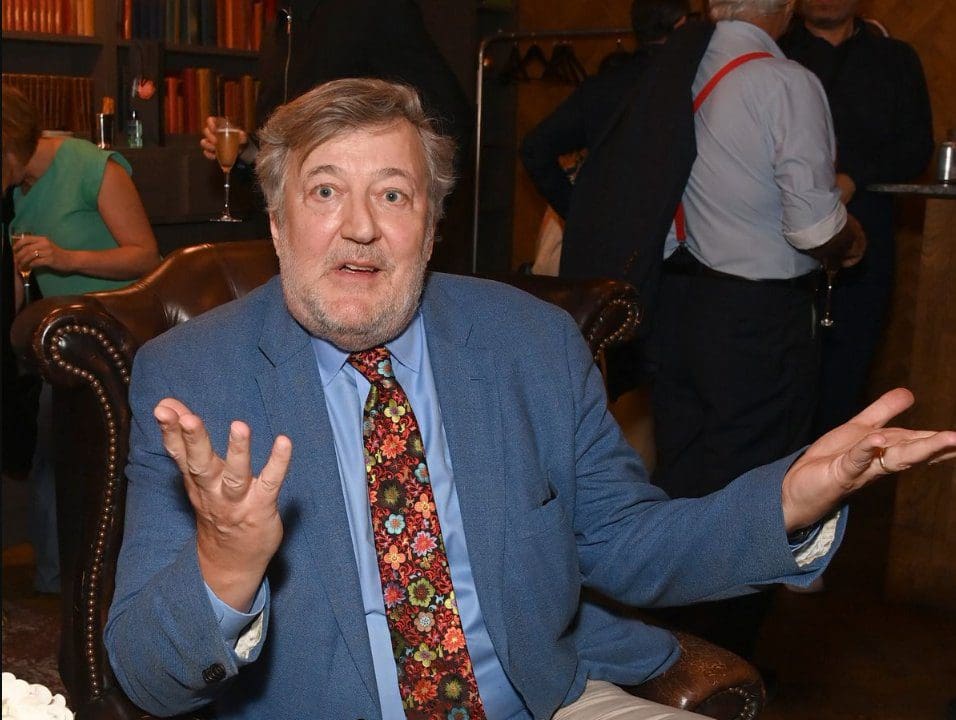

Stephen Fry Jets Around the World to Lecture the Rest of Us About Climate Change
There were two bits of news last week whose juxtaposition I found particularly striking. I found them striking because of the glimpse they gave us into our future.
On the one hand we heard about Oxford City Council’s plans to spend £6.5m of taxpayers’ money dividing the city into six ‘climate zones’ to impose traffic restrictions on citizens and visitors. As you probably already know, these would limit the number of times members of a household could cross from their zone into another zone in a car to 100 times a year and those living outside the city would have to apply for permits which would allow them just 25 zone-crossings a year. Moreover, the council, supposedly elected to serve the people of Oxford, planned to implement this mini-lockdown ‘whether people like it or not’.
On the other hand, we learnt that national treasure, Stephen Fry, has spent part of the last year reportedly “travelling the globe for a new documentary, A Year on Planet Earth‘”. From what I understand, Mr. Fry visited quite a few places while making his documentary, including the Amazon (the forest, not the online shopping megalith), Iceland (the country, not the shop), California, Mexico, the Serengeti, Tibet, China, Los Angeles, possibly Australia and no doubt several other places. Here’s a quote from Mr. Fry talking to a reporter last week:
I am currently in Los Angeles, where I am filming, and while it’s perfectly lovely to be here, I know I’ll eventually have that powerful instinct we all experience as primate mammals to chart a course for home, to turn towards a sense of what I grew up with and what I feel to be home.
Mr. Fry seems to be enjoying his travels.
I, of course, don’t know how our national treasure travels when making his important documentary. But I rather doubt that someone of his importance spends hours with his impressive frame cramped in a tiny seat in cattle class squeezed between ordinary riff-raff and their screaming children. In fact, I rather suspect that at a minimum, Mr. Fry travels in Business Class and probably even in First Class if that’s available. So, if I am right, he can relax sipping champagne and enjoying three-course meals while lecturing the rest of us on the need for us to reduce our use of fossil fuels. As Mr. Fry said in June: “But the fact is, reasonable people, I think, understand that something has to be done about fossil fuels – most of all about our insatiable appetite for them.”
We must also remember that Mr. Fry won’t have been travelling alone. There would be a film crew of at least four and probably as many as ten people – possibly including script-writers, researchers, trip organisers and other useful individuals – accompanying him and tending to his every need.
I worked in advertising for a few years and, whenever there was an ad shoot in some exotic location such as the Caribbean or California, it was extraordinary how many of the ad agency’s employees felt it necessary to attend the film shoot given that their expenses would be paid by the agency’s generous clients. I wonder how many people there were in Mr. Fry’s entourage and how Mr. Fry’s retinue travelled? Cattle class? Or something rather more fossil-fuel-guzzlingly comfortable?
In his 2020 satirical book about climate change, The Denial, journalist Ross Clark describes a future in which ordinary people are virtual prisoners in their own local areas and their own mostly unheated homes, their lives immiserated by the need to live within their carbon budgets limiting what they can buy and how much they can travel. Meanwhile the wealthy elites, including ‘climate influencers’, swan around the world visiting the best holiday spots while lecturing the rest of us on the dangers of climate change. In an article about his new documentary, Mr. Fry says: “I don’t understand those people (who now seem to be diminishing in numbers, thankfully) who still deny the obvious fact that we are in the grips of a climate crisis.”
Of course, national treasure Mr. Fry is not the first person to heroically travel the world, often in CO2-belching comfort, to lecture the rest of us on the need to reduce our own carbon footprint. Some readers may fondly remember when in 2019 Prince Harry reportedly flew by private jet to a Google climate conference at a luxury resort in Sicily where he gave a speech barefoot to various important people who attended travelling in 114 private jets and various super-yachts. Moreover, each annual COP climate conference usually has around 20,000 attendees, all bravely sacrificing themselves to save us from our reckless and selfish fossil-fuel profligacy. But coming in the same week as the news of Oxford’s climate mini-lockdowns, news of Mr Fry’s extensive planet-rescuing travels could be seen to emphasise the growing gulf between the jet-setting climate warriors and those subjected to their planet-saving policies.
As the citizens of Oxford look forward to their new planet-saving mini-lockdowns being imposed by their elected representatives ‘whether they like it or not’ and as Mr Fry and his various flunkies swan around the world lecturing us about the supposed ‘climate crisis’, Ross Clark’s satirical novel seems to be becoming our new reality.
Some people might class Ross Clark’s The Denial as a vision of a dystopian future similar to George Orwell’s 1984 or Aldous Huxley’s Brave New World.
Wikipedia helpfully tells us that “distinct themes typical of a Dystopian Society include: complete control over the people in a society through the usage of propaganda, heavy censoring of information or denial of free thought, worshipping an unattainable goal, the complete loss of individuality, and heavy enforcement of conformity”.
Dystopian novels are meant to be fictional constructs warning us about the possible future, not instruction manuals for the ruling elites.
But in their crusade to ‘save the planet’ our rulers cheered on by the propagandist mainstream media plan to lock us down in our own zones preventing us from travelling, to limit energy supplies so only the richest can afford proper heating, to reduce farming making all but the most basic foods unaffordable to the majority of people possibly even forcing some of us to eat insects and to stamp out free speech so we are not allowed to question their policies. As in Oxford, these policies will be imposed ‘whether people like it or not’. Without exaggeration we could say that our rulers seem to be making dystopia our new reality. After all, are there any features of a dystopia – “complete control over the people in a society through the usage of propaganda, heavy censoring of information or denial of free thought, worshipping an unattainable goal, the complete loss of individuality, and heavy enforcement of conformity” – which you don’t see being imposed on us in the worship of the unattainable goal of saving us from an invented climate crisis which isn’t even happening?
David Craig is the author of There is No Climate Crisis, available as an e-book or paperback from Amazon.
Stop Press: Philip Patrick in TCW has also written about Fry’s hypocritical jet-setting lecturing, and included a robust riposte to his dismissal of ‘climate deniers’.

